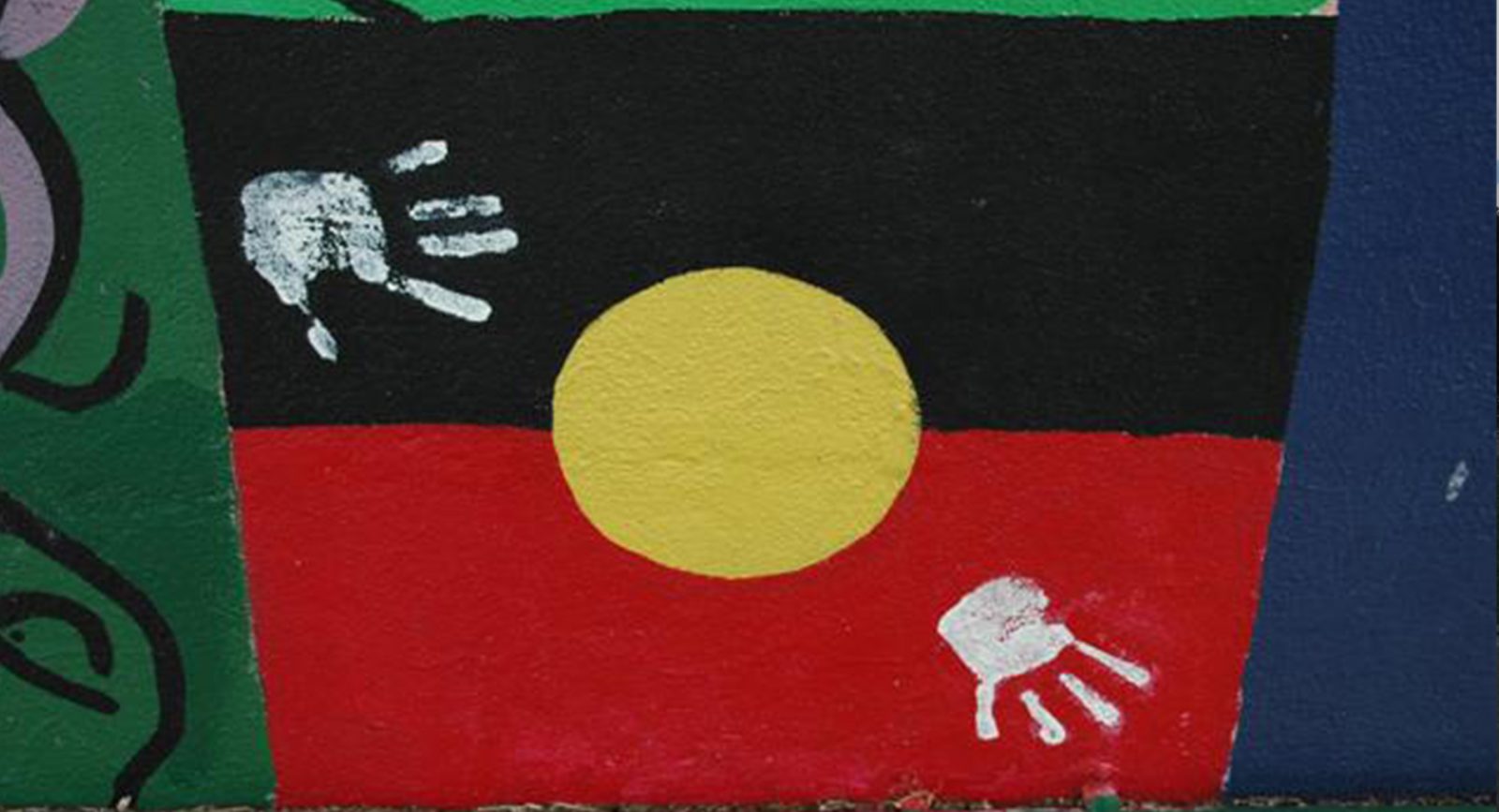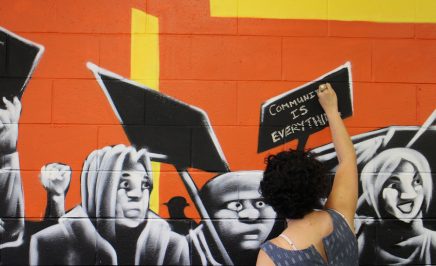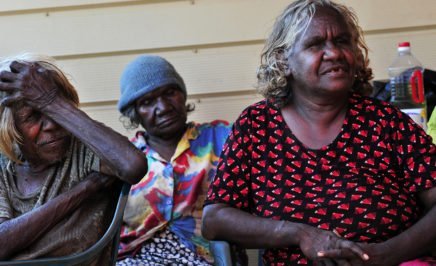While Budget talk has dominated news channels this week, the back-and-forth funding for Aboriginal and Torres Strait Islander legal services is a much longer story. Amnesty’s Indigenous Rights campaigner Julian Cleary sums up the latest and what it means for Indigenous Australians.
What are Indigenous legal services?
The Aboriginal and Torres Strait Islander Legal Services (ATSILS) and the Family Violence Prevention Legal Service (FVPLS) provide specialised, culturally-tailored services for Aboriginal and Torres Strait Islander people.
These services were established across the country by and for Aboriginal and Torres Strait Islander people, to address the barriers their people have faced in engaging with the Australian legal system.
Why are they so important?
The Productivity Commission recently confirmed what Aboriginal and Torres Strait Islander people have known for a long time; that cross cultural issues, remoteness and language barriers mean these specialised Indigenous specific legal services are vital.
ATSILS and FVPLS play complementary roles in ensuring access to justice for Indigenous people, including young people, and preventing family violence and contact with the justice system.
They also help to identify solutions to systemic problems in the justice system based on their local experience and cultural knowledge.
Access to adequate legal representation is central in reducing the over-representation of Indigenous people in contact with the justice system.
So what’s been going on with funding?
- There’s not enough in the first place
Even the Australian Government’s own Productivity Commission has said that significantly more resources are needed to secure access to justice for Indigenous people:
“the inevitable consequence of these unmet legal needs is a further cementing of the longstanding over-representation of Indigenous Australians in the criminal justice system.”
The Commission recently recommended an additional $200 million investment into the sector. The demand for ATSILS and FVPLS is increasing, and current funding isn’t keeping up. Real funding per person has declined by approximately 20 per cent in recent years.
But despite continuing high levels of demand for the services, there has been no increase in funding.
- Cuts to current funding were on the cards, then not
In fact, far from addressing the unmet need, the Australian Government was going to cut funding to these crucial services. In 2013 the Australian Government slated $13.34 million of proposed cuts to Aboriginal and Torres Strait Islander legal assistance services.
The Chief Justice of the Northern Territory said that those cuts would have struck “a blow to the heart of the justice system.” A lot of offices around the country were preparing, extremely reluctantly, to close their doors and lose staff due to the looming cuts.
Until 5 May 2015 the NATSILS, the national body that provides support to and coordinates the law reform and advocacy work of ATSILS across the country, had faced being completely defunded. NATSILS were going to have to shut up shop on 30 June this year, after 1.5 years of funding uncertainty.
Fortunately in May, after huge public outcry, the Australian Government reversed the cuts and agreed on five years of further funding. This welcome announcement means this crucial Indigenous legal service will not have to shut.
Similarly the FVPLS had faced extreme funding uncertainty. The Australian Government got rid of the program which guaranteed funding for FVPLS. Following a gruelling open tender process, in March 2015 they were told they will receive funding at 2013-14 levels for the next 2-3 years.
Going forward
While the cut reversals are a step towards ensuring access to justice for Aboriginal and Torres Strait Islander people, there’s still much unmet legal need and uncertainty.Ongoing uncertainty for the FVPLS means they can’t plan for the future. This is really undermining their amazing work.
And though cuts previously faced by the ATSILS were reversed, everyone recognises that existing funding isn’t adequate for them to meet all the need that is out there.
So, the fight isn’t over. As part of the National Justice Coalition, Amnesty is working toward ending Indigenous over-representation in the justice system — and part of this is in ensuring Indigenous Australians can access legal representation, a fundamental human right.





